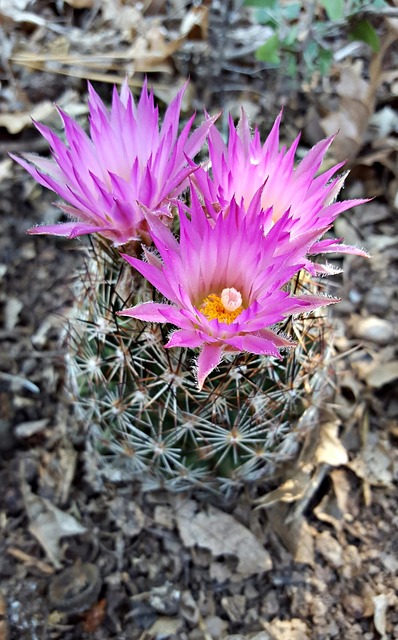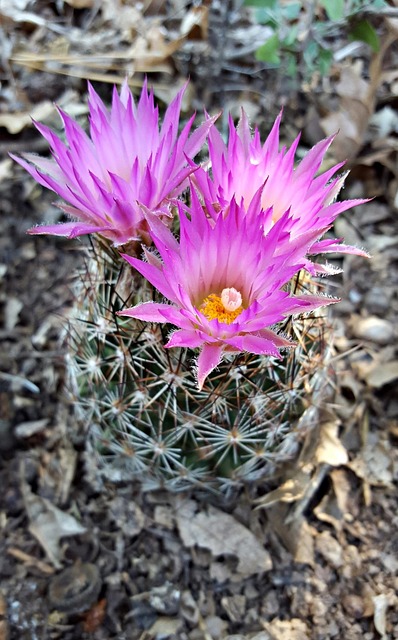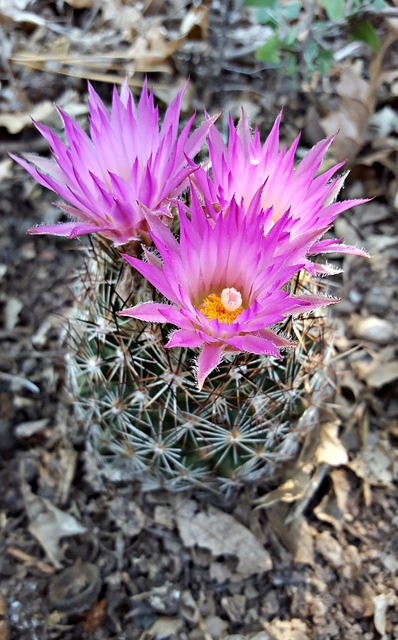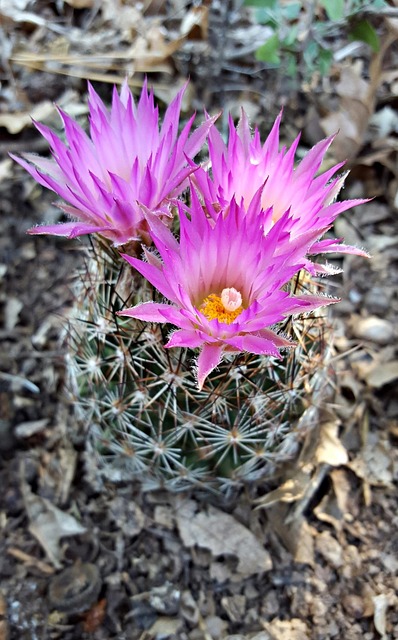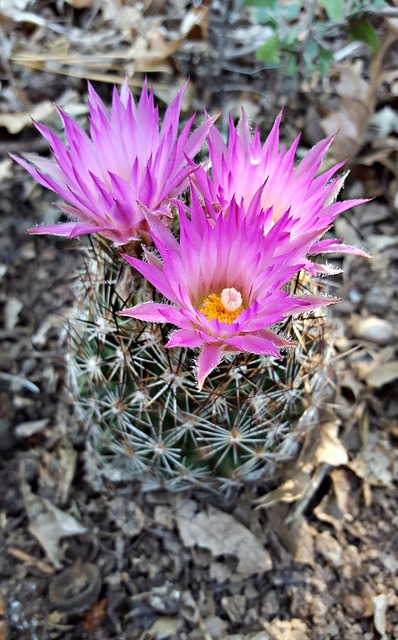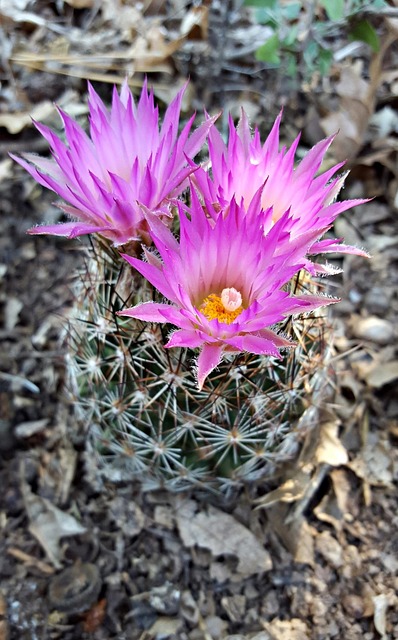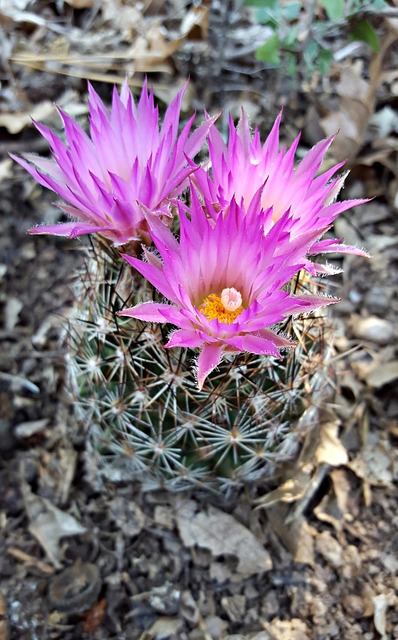Festivals celebrating local heritage are powerful tools for communities to enhance their cultural identity, attract tourists, and stimulate economic growth in the real estate market. These events showcase diversity, preserve traditions, and create memorable experiences that draw locals and visitors alike. By designing inclusive spaces with performances, cuisine, and workshops, festivals foster a sense of belonging and make areas more appealing to residents, businesses, and investors, ultimately driving long-term economic development.
Vibrant festivals, a celebration of local heritage, offer more than just entertainment; they become windows into diverse cultural treasures. These gatherings not only foster community engagement but also act as powerful real estate tools for tourism boost. From showcasing traditions and arts to attracting visitors, festivals play a pivotal role in preserving and promoting unique identities. By designing inclusive spaces, communities ensure these events reflect and nurture their rich diversity, creating lasting memories and fostering social cohesion.
Unveiling Cultural Treasures: How Festivals Become Windows to Local Heritage
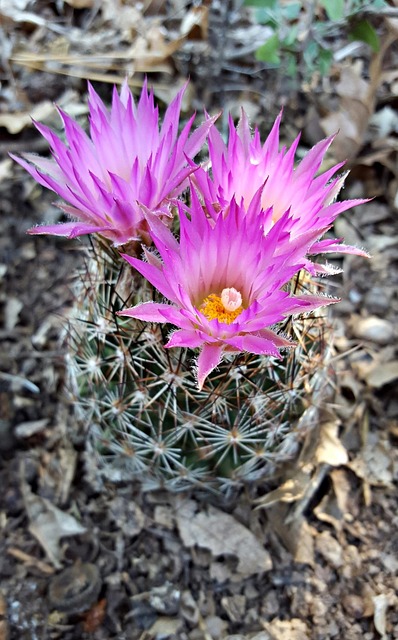
Festivals are more than just celebrations; they serve as vibrant windows into a community’s cultural heritage, offering locals and visitors alike an opportunity to explore and appreciate their shared history and traditions. These gatherings bring people together from all walks of life, fostering a sense of belonging and community pride. Through colorful costumes, traditional music, dance performances, and locally sourced cuisine, festivals become a stage for showcasing the region’s unique character and identity.
In many cases, festivals are integral to the real estate experience of a place. They attract tourists, encouraging economic growth and development. More importantly, they preserve and promote local heritage, ensuring that cultural treasures are not forgotten but rather celebrated and passed down through generations. Each festival is a chance to tell a story, reconnect with roots, and create lasting memories—all while showcasing the potential and allure of a location.
The Economic Impact and Tourism Boost: Festivals as Real Estate for Community Engagement
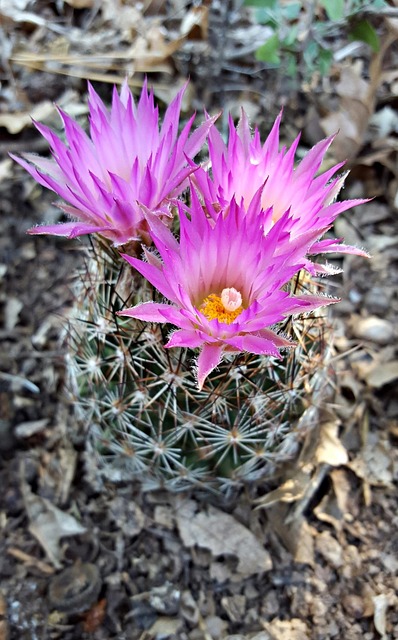
Festivals celebrating local heritage serve as vibrant real estate for community engagement, attracting both locals and tourists alike. They act as a magnet, drawing people from surrounding areas and beyond, stimulating the local economy in significant ways. The influx of visitors injects money into the community’s real estate market, with spending on accommodation, dining, and entertainment contributing to the overall economic health of the region.
These festivals create a unique atmosphere that fosters connections and enhances the appeal of the area. They showcase the community’s rich heritage, cultural diversity, and local talents, making them desirable destinations for tourists seeking authentic experiences. As a result, communities can capitalize on this increased footfall to promote their real estate, attracting potential residents, businesses, and investors, thereby fostering long-term economic growth and development.
Designing Inclusive Spaces: Ensuring Festivals Reflect and Nurture Local Diversity
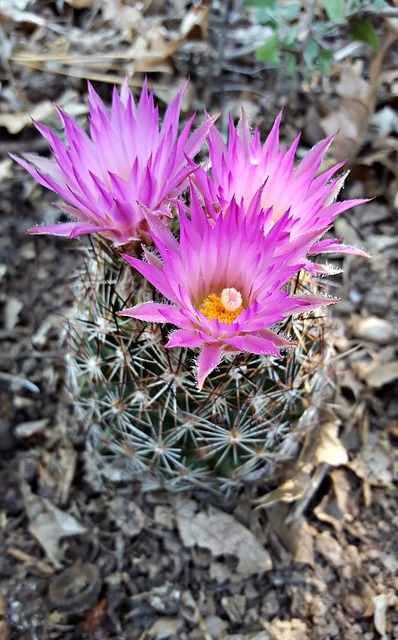
Festivals celebrating local heritage offer a unique opportunity to showcase and nurture diversity within communities. When designing festival spaces, it’s essential to create an inclusive environment that reflects the richness of the area’s cultural fabric. This involves incorporating various elements that cater to different needs and interests, ensuring everyone feels welcome. For instance, creating dedicated areas for performances, food stalls showcasing local cuisine, and interactive workshops can engage diverse audiences, fostering a sense of belonging.
In the real estate context, festival organizers can transform public spaces into vibrant hubs where people from all backgrounds gather. By thoughtfully arranging stages, seating areas, and activity zones, festivals can accommodate various activities and cater to different age groups and abilities. This inclusive approach not only enhances the overall experience but also reinforces the community’s sense of shared identity, making these events a significant aspect of local heritage preservation.
